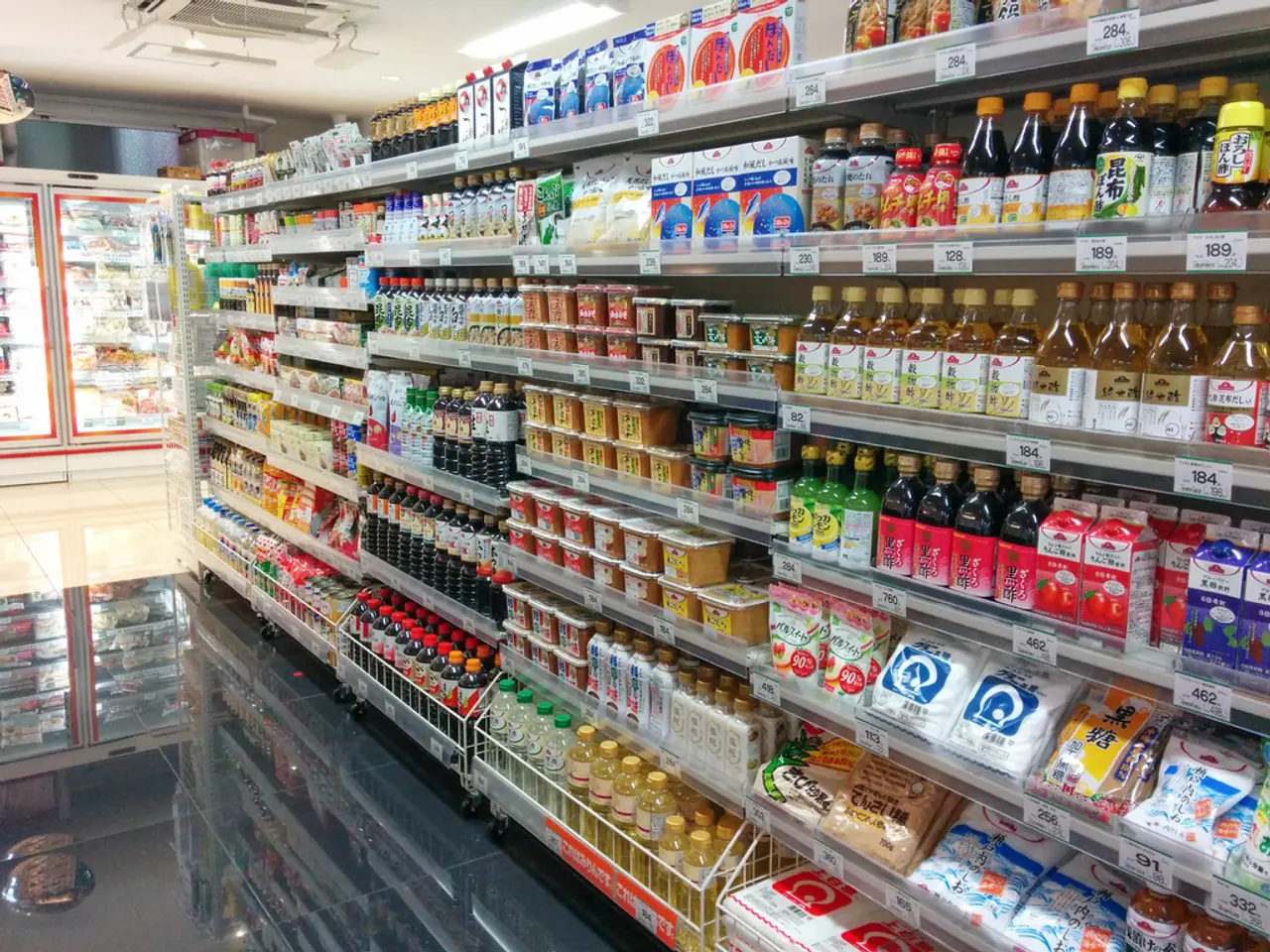Potential elimination of customs duties on American products by Bangladesh as a means to secure reciprocal reduction in tariffs.
The reciprocal tariff agreement negotiations between Bangladesh and the United States are currently underway, but significant differences between the US proposal and the regulations of the World Trade Organization (WTO) favored by Bangladesh have emerged.
### Key Differences Between US Proposal and WTO Regulations
| Aspect | US Proposal | Bangladesh's Position (WTO-Aligned) | |-------------------------------|----------------------------------------------------------|-------------------------------------------------------------------| | **Tariff Concessions** | US proposes a reciprocal tariff regime, including a proposed 37% tariff on Bangladeshi goods, potentially reaching 53%. US expects reciprocal zero-duty access to US goods but with various conditions. | Bangladesh is willing to offer zero-duty access on many US goods but seeks tariff relief governed by WTO multilateral rules rather than strict bilateral terms that may favor US exports disproportionately. Bangladesh expects special benefits as an LDC (Least Developed Country). | | **Value Addition Criteria** | US demands regional value addition (rules of origin) rather than domestic value addition for exports, which could hurt Bangladesh’s local industries. | Bangladesh prefers domestic value addition rules to support its own industrial sectors. | | **Alignment with US Sanctions/Embargoes** | US draft agreement includes a clause requiring Bangladesh to mirror US sanctions or embargoes on third countries, aligning Bangladesh’s trade policy with US geopolitical positions (e.g., bans on Chinese goods). | Bangladesh rejects this as infeasible due to its reliance on Chinese inputs and prefers not to tie trade policy to US sanctions on other countries. | | **Legal Framework** | US draft agreement implies adherence to US domestic laws in international trade, potentially outside or in addition to WTO rules. | Bangladesh insists on signing the agreement strictly under WTO regulations and has informed the US Trade Representative (USTR) that it cannot comply with US domestic trade laws stipulated in the draft. | | **Negotiation Stance** | US seeks fast reciprocal tariff agreements and has signed deals only with few countries (e.g., the UK). The US aims to maintain leverage by imposing high tariffs otherwise. | Bangladesh continues negotiations, expressing willingness to negotiate but rejecting "tough conditions" and emphasizing WTO-compliant frameworks. It aims to reduce the US tariff on its exports below the Vietnam precedent. |
### Additional Context
Bangladesh is considering offering zero-duty access to American goods in return for tariff relief from the US, following the US's tariff cut on Vietnamese imports from 46% to 20%, to maintain export competitiveness. The US proposed tough conditions, including alignment with US sanctions and regional value addition rules, which Bangladesh finds challenging and unacceptable.
Bangladesh's smaller bilateral trade volume (~$10 billion) compared to Vietnam’s ($200 billion) limits its leverage in negotiations, complicating the talks further. However, negotiations are ongoing with no final decision yet, and Bangladesh remains optimistic about achieving tariff concessions while ensuring adherence to WTO rules.
In summary, the major difference lies in the US pushing for a bilateral reciprocal tariff agreement with additional conditions, including alignment with US sanctions and regional trade rules, while Bangladesh insists on WTO-compliant, multilateral rules without political conditionality to protect its industrial interests and maintain policy autonomy. This difference is central to ongoing negotiations and will determine the eventual form of the agreement.
As of yesterday, the USTR had not yet sent the annexure document for the agreement, delaying the next meeting scheduled for 9 or 10 July in Washington.
- Despite the ongoing negotiations, the finance industry and businesses in Bangladesh are concerned about potential implications of the reciprocal tariff agreement with the United States, particularly the US's push for alignment with US sanctions and regional trade rules that could disrupt local industries.
- In the world of international finance and business, the US proposal for a bilateral tariff agreement with Bangladesh poses a unique challenge, as the US seeks strict conditions that deviate from multilateral WTO rules, while Bangladesh aims to protect its industrial interests and maintain policy autonomy within the confines of WTO regulations.




